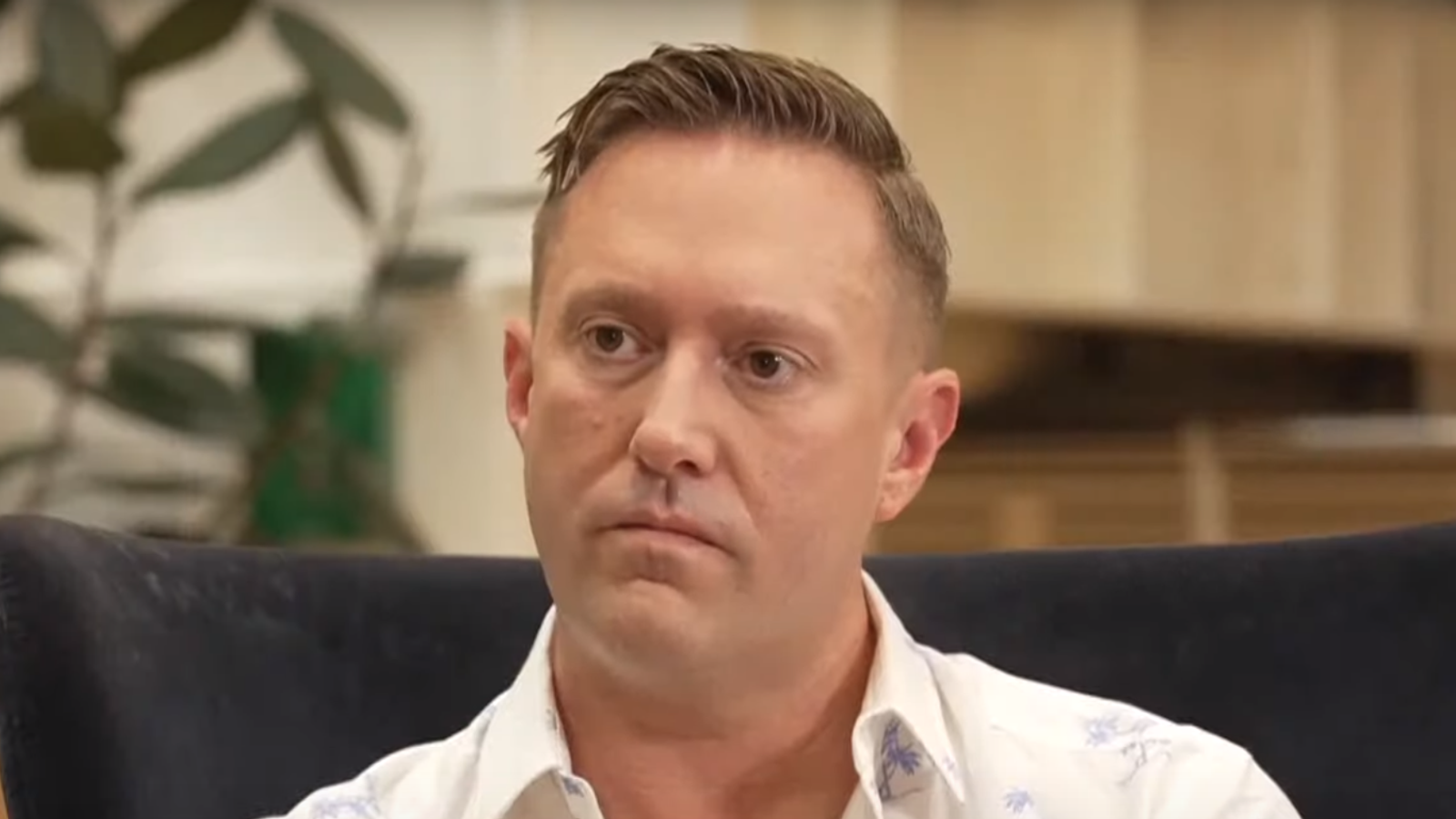A former Mirror Group journalist has told Sky News that he was asked to give a Coronation Street actress a bunch of flowers bugged with a listening device during a visit to a spa.
Dean Piper, a showbiz reporter at The Mirror in the early 2000s, said he was asked to carry out the task while working for the paper’s sister title, The Sunday People.
However, he said he refused and later decided to leave the paper.
Last week, in a privacy case brought by Prince Harry, a High Court judge found another practice – phone hacking – was carried out by Mirror Group Newspapers (MGN) from 1996 to 2011.
The judge said hacking was “widespread and habitual” from 1998.
He also found there was “some unlawful activity” – involving the use of private investigators – in 1995.
Speaking to the UK Tonight with Sarah Jane Mee about his experience working at MGN, Mr Piper said: “The worst thing I was ever asked – and it was probably ultimately what made me walk from my job at The People – involved Coronation Street star Tracy Shaw.
“She was having a lot of issues in those days, but she was very big news. She was on the front cover all the time.
“I was called over at one point and said that I was going to go to a spa and have a spa break, and I thought: ‘Brilliant’.
“They said you are going to have a bunch of flowers, and we’re going to put a bug in it, and we’re going to deliver it to Tracy Shaw, and we have booked the room right next door to her, and you’re just going to stay up all night and write down everything that’s gone on.”
Mr Piper said he “point-blank refused” the request.
“There were enough whipper-snappers that want to further their career that probably would have taken the flowers, but that wasn’t morally right, and it’s kind of illegal,” he said.
Please use Chrome browser for a more accessible video player
‘It was a Voldemort scenario’
Mr Piper was speaking after Prince Harry’s victory in a phone hacking against his former employers.
The judge ruled in the case that phone hacking “remained an important tool in the climate of journalism” at all three MGN papers – the Daily Mirror, the Sunday Mirror and Sunday People – from 2006 to 2011.
The judge also ruled that directors at MGN – Paul Vickers and Sly Bailey – knew about phone hacking but did not inform the rest of the board.
Mr Piper said he was aware that people were phone hacking during his time working there, but insisted “not everybody was phone hacking”.
“I’m able to talk about it because I’ve got a completely clear conscience about the fact that I was never involved in it. But there were people at the paper that did phone hacking,” he said.
“There were certain people on each desk – they were usually away from the main throng of the editorial team – we knew what they did, and we knew that their exclusives were coming from the phones.”
Mr Piper compared the topic of hacking to the main villain in the Harry Potter series, Lord Voldemort, who is referred to by most characters as He-Who-Must-Not-Be-Named because of the culture of fear surrounding him.
The ex-reporter said: “It was a ‘Voldemort’ scenario – as far as you didn’t openly talk about it. But everybody knew what was going on.”
Morgan ‘brilliant boss’ but hacking excuse ‘ridiculous’
The judge, Mr Justice Fancourt, said in his ruling that he found it “convincing” that Piers Morgan knew about phone hacking when he was in charge of the Daily Mirror – from 1995 to 2004.
After the judgment, Mr Morgan made a statement outside his London home, in which he said he had “never hacked a phone or told anyone else to hack a phone”.
“There is just one article relating to the prince published in The Daily Mirror during my entire nine-year tenure as editor that he [the High Court judge] thinks may have involved some unlawful information gathering,” Mr Morgan said.
“To be clear, I had then and still have zero knowledge of how that particular story was gathered.”
Mr Piper praised Piers Morgan as a “brilliant boss” who was “very supportive”.
But asked about the judgment and Mr Morgan’s defence, Mr Piper said: “I mean, look, if you’re a national newspaper editor, and you’ve got all of this power, and you’re deciding what the narrative is for the Daily Mirror the first thing you’re going to say is, where did that story come from?
“So I find that quite amusing and kind of ridiculous because that’s the first port of call as an editor and as a journalist, you want to know where the story came from.”
Read more:
What were the articles at the centre of the case?
Key findings in the judgment
Please use Chrome browser for a more accessible video player
Be the first to get Breaking News
Install the Sky News app for free
Mr Piper added: “But there is an open conversation that I feel is important about the way that those newspapers did work in those days.
“And it wasn’t good what they were doing, and it would be nice if people started to get to the point where they accepted some responsibility for what they put people through.”
He continued: “You only have to look at the front pages in those days to realise how many stories were coming from that [phone hacking]. It wasn’t just the odd one, it was endless amounts.”
A spokesperson for Mirror Group said following last week’s judgment: “We welcome the judgment that gives the business the necessary clarity to move forward from events that took place many years ago.
“Where historical wrongdoing took place, we apologise unreservedly, have taken full responsibility and paid appropriate compensation.”








